Frequently Asked Questions
Counselor Credentials
What Do All The Letters Behind a Counselor's Name Mean?
Mental health professionals, counselors, and therapists seem to have a slew of letters after their names, what’s that all about?
You’re right! And trust us when we say we know these letters mean more to us than they probably do to you. The letters after a person’s name indicate their education, license type, and any specific certifications they have earned. Credentials indicate that a counselor has completed a specific academic program and has received a degree by that academic institution. A license indicates that a counselor, upon graduation, has passed a state examination. Certifications indicate specific certifications the counselors has earned.
What do all the letters mean?
Good question! Here is a chart of the letters you may find after the names of counselors at Joshua Tree and what they mean.

Education
MA or MS — masters degree, arts or science
MPC — masters degree, professional counseling
MSW — masters degree, social work
EdD — Doctor of Education
PhD — Doctor of Philosophy
License Type
LAC – Licensed Associate Counselor (Natalie, Stacy, Lauren)
LPC – Licensed Professional Counselor (Rachel, Chet, Dana)
LMSW – Licensed Master Social Worker (Mary and Elena)
LCSW – Licensed Clinical Social Worker (Shari)
LAMFT – Licesned Associate Marriage & Family Therapist
LMFT – Licensed Marriage & Family Therapist
Certifications
BCPC – Board Certified Pastoral Counselor (Marybeth and Tammy)
What's the difference?
Counselors, clinical social workers, and marriage and family therapists are all trained to provide psychotherapy however they differ in their education and training. Therapists within each profession typically specialize in working with certain types of people. Some have special skills working with different age groups (e.g., children, adolescents, older adults). Others address certain issues (e.g., drug or alcohol abuse, eating disorders, depression). All these professionals must have a license to practice, granted by the state. All of these professionals, if they choose, have the ability to accept reimbursement from insurance companies (APA, 2017).
Mental Health Counseling
Clinical mental health counselors focus on the needs of the specialized population, individuals, couples, a family and/or a group. Counselors attend at 2-4 years of graduate school to earn a master’s degree in a counseling specific degree which includes practice experience providing clinical mental health counseling. To earn their associate license, counselors must pass a state exam and begin to practice psychotherapy under clinical supervision. Counselors are eligible for their professional license after a completing no less than two years of supervised clinical experience.
Professional Organization: ACA
In Arizona, according to the Arizona Board of Behavioral Health Examiners (AZBBHE), 32-3251.10, “Practice of professional counseling” means the professional application of mental health, psychological and human development theories, principles and techniques to: (a) Facilitate human development and adjustment throughout the human life span; (b) Assess and facilitate career development; (c) Treat interpersonal relationship issues and nervous, mental and emotional disorders that are cognitive,
affective or behavioral; (d) Manage symptoms of mental illness; (e) Assess, appraise, evaluate, diagnose and treat individuals, couples, families and groups through the use of psychotherapy.
Clinical Social Work
“Social workers are trained to perform psychotherapy, with a particular emphasis on connecting people with the community and support services available there” (APA, 2017). Social workers attend two years of graduate school to earn an MSW, which includes practical experience gained at social service agencies . To become licensed as an LMSW, social workers take a licensing exam. To become licensed as an LCSW (Licensed Clinical Social Worker), social workers must complete no less than two years of supervised clinical work.
Professional Organization: NASW
In Arizona, according to the Arizona Board of Behavioral Health Examiners (AZBBHE), 32-3251.11, the “practice of social work” means the professional application of social work theories, principles, methods and techniques to: (a) Treat mental, behavioral and emotional disorders; (b) Assist individuals, families, groups and communities to enhance or restore the ability to function physically, socially, emotionally, mentally and economically; (c) Assess, appraise, diagnose, evaluate and treat individuals, couples, families and groups through the use of psychotherapy.
Marriage & Family Therapy
Marriage and family therapists are clinical mental health professionals trained in psychotherapy and family systems and licensed to diagnose and treat mental and emotional disorders within the context of marriage, couples and family systems. Marriage and family therapists attend 2-4 years of graduate school to earn a master’s degree in marriage and family therapy. To earn their associate license, counselors must pass a state exam and begin to practice psychotherapy under clinical supervision. Counselors are eligible for their professional license after a completing no less than two years of supervised clinical experience.
Professional Organization: AAMFT
In Arizona, according to the AZBBHE (32-3251.9), the “practice of marriage and family therapy” means the professional application of family systems theories, principles and techniques to treat interpersonal relationship issues and nervous, mental and emotional disorders that are cognitive, affective or behavioral. The practice of marriage and family therapy includes: (a) Assessment, appraisal and diagnosis; (b) The use of psychotherapy for the purpose of evaluation, diagnosis and treatment of individuals, couples, families and groups.



